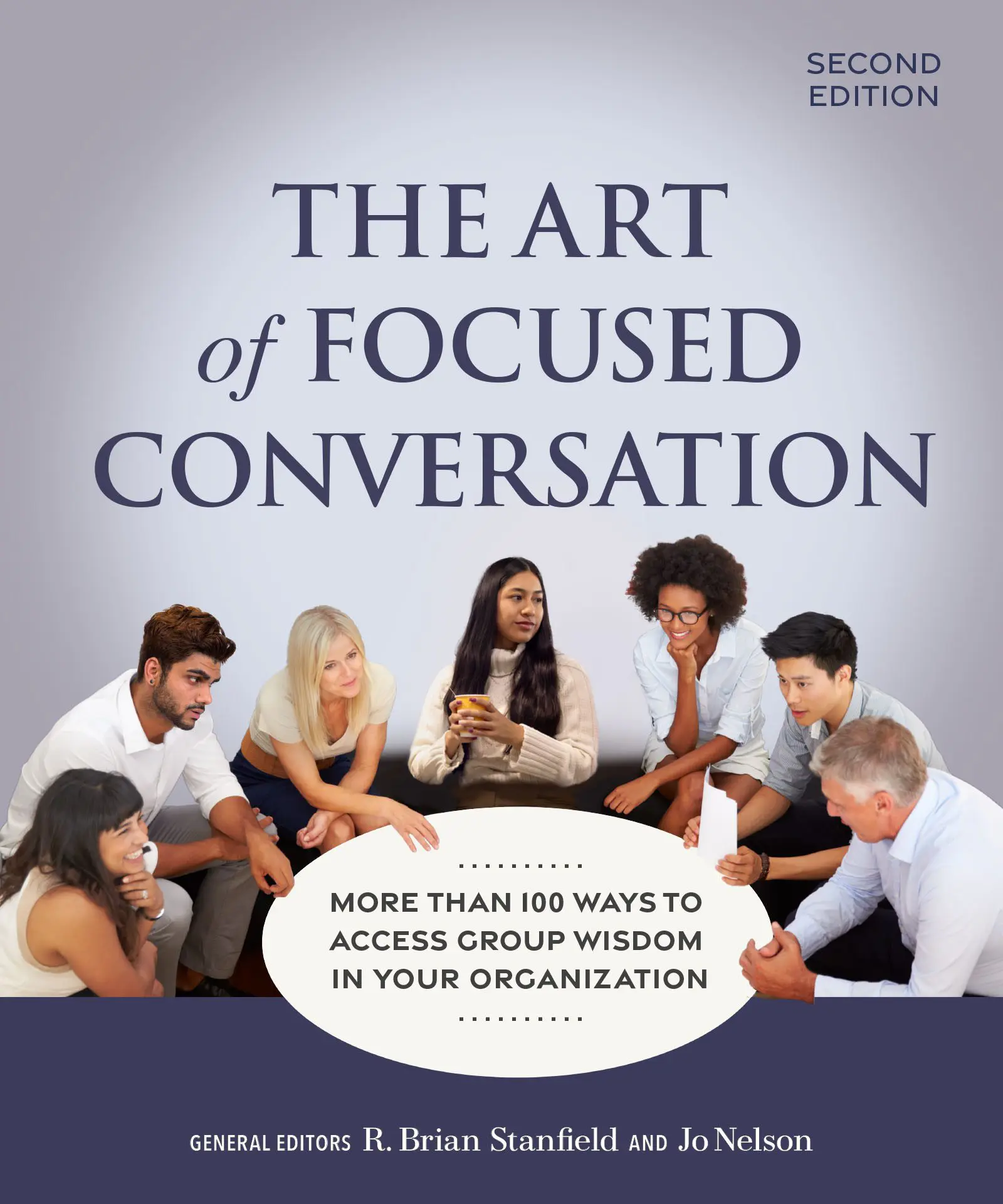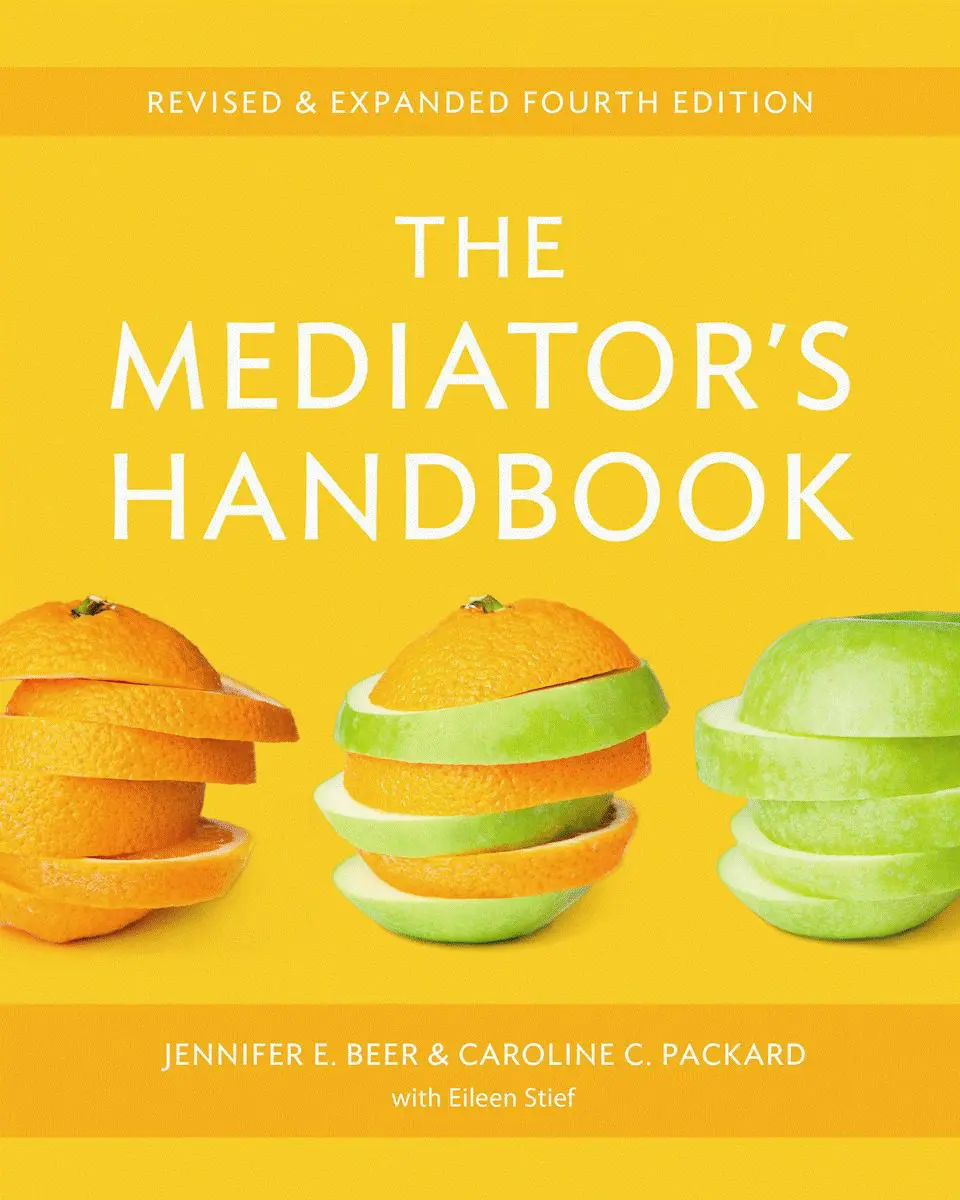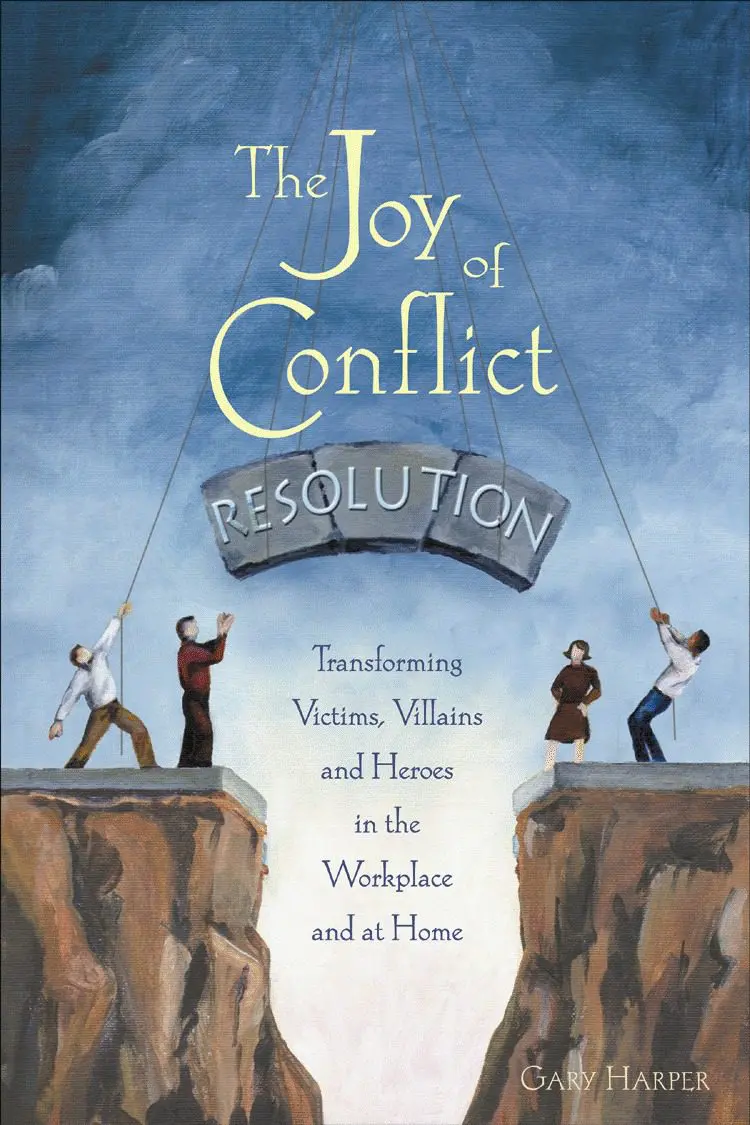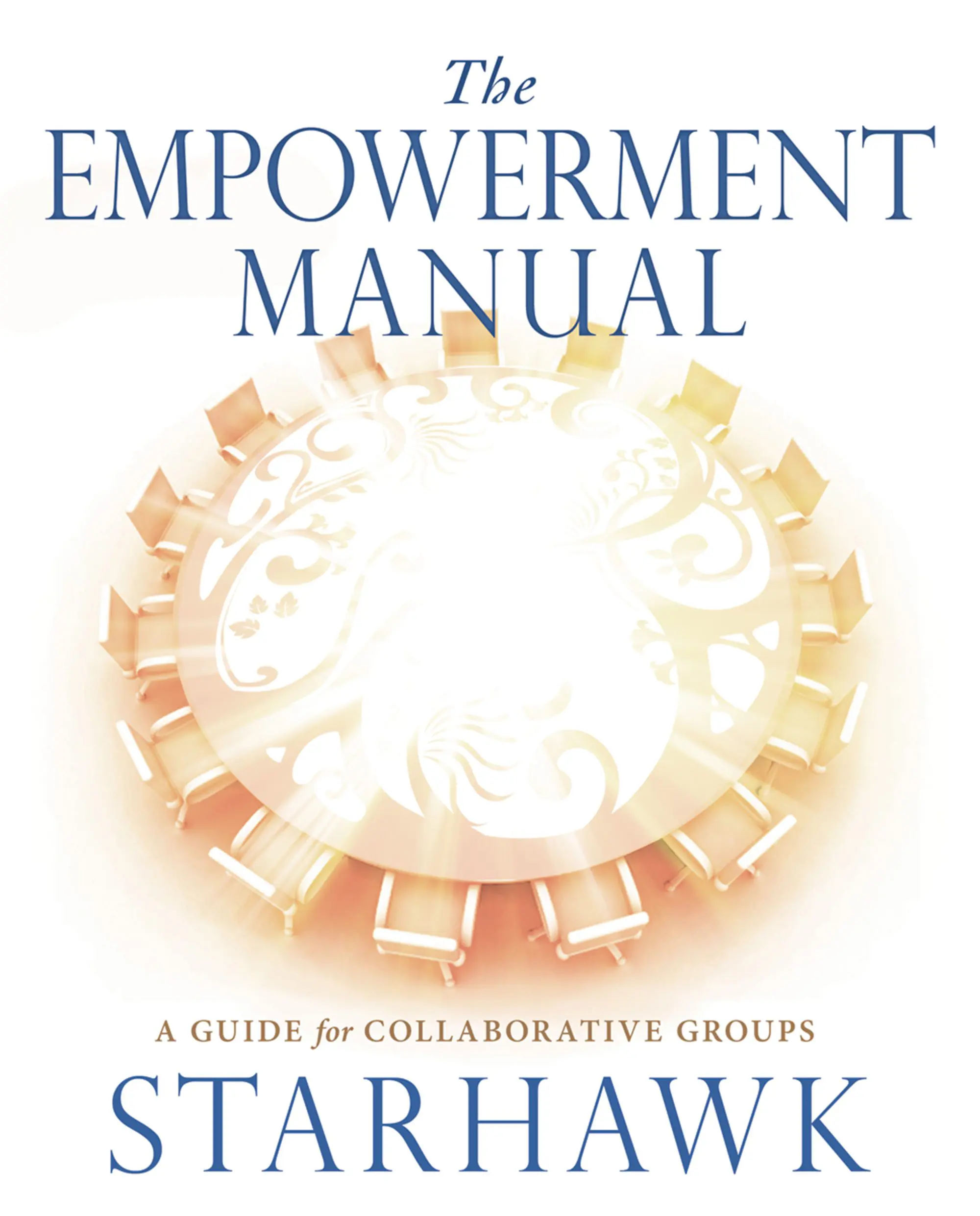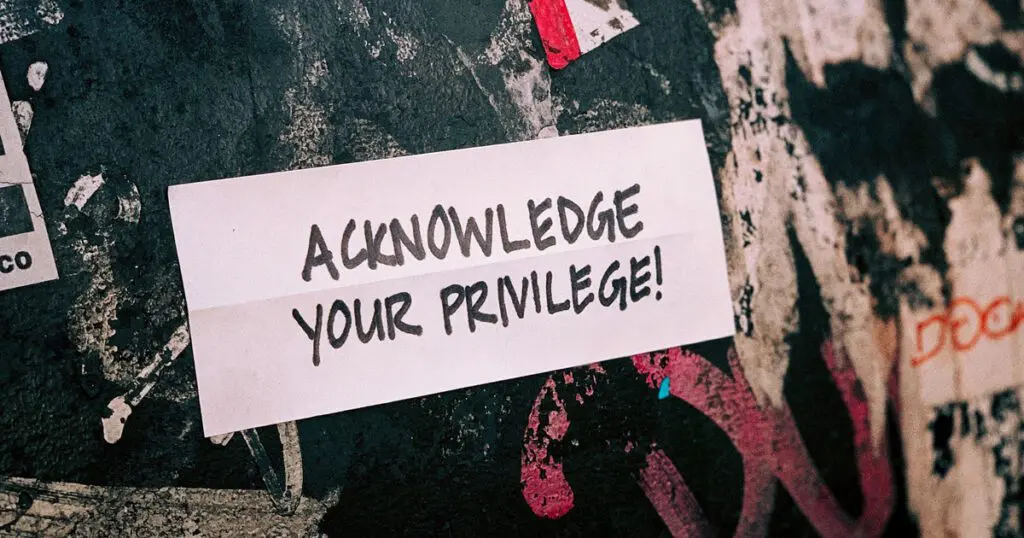
Creating inclusive meetings means more than just setting agendas and schedules—it’s about fostering environments where everyone feels valued and heard. Whether in boardrooms or virtual spaces, inclusivity ensures that all voices, perspectives, and experiences are actively encouraged. Imagine stepping into a meeting where each participant feels a sense of belonging and where differences are celebrated. This excerpt from The Token explores practical strategies for cultivating inclusive meeting spaces, from setting ground rules for respectful dialogue to embracing diverse viewpoints that enhance decision-making.
Conversation and Conflict in Culture Conscious Meetings
Vary your meeting styles to attract different people to different events. Some people enjoy free-flowing conversation, while others need structured prompts to be able to participate. Some people like to be active and moving, while others come to sit and relax. Be aware of how culture affects conversation style. In some Black families, loud debates and derisive comments are a form of connection. Acting that way in a majority white space may lead to members saying they feel threatened or otherwise uncomfortable.

In my experience as an autistic person, conversation can be a minefield. I answer questions directly, and I don’t always understand nuance. I am at the point in my awareness where I can warn people that I am this way, but other neurodivergent people may not know why they have difficulty in social situations. Explore the topic in a discussion or in your diversity training. This is the only time I would make an exception to the Token rule: many autistic people love to talk about themselves and what their world is like. Ask them if they feel comfortable leading a discussion about their differences for the community and ask what accommodations will make them feel supported when they do.
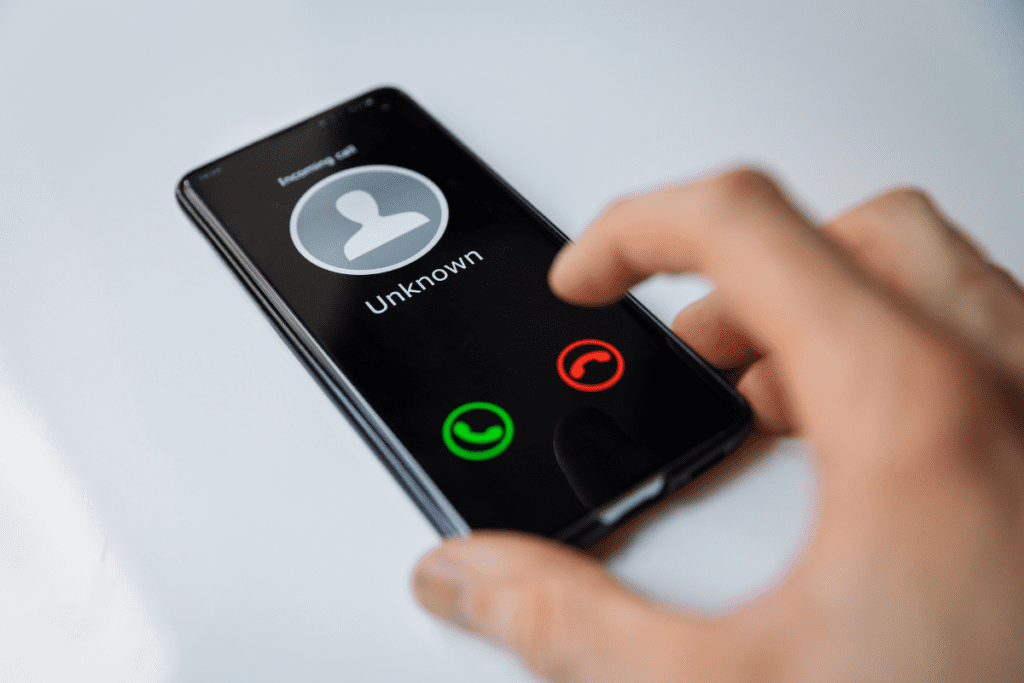
If you decide to limit devices at your meetings, consider allowing exceptions for people who use them to communicate or self-soothe. Just because you find them distracting and mindless doesn’t mean others do. These people should not be confronted and asked to defend their use to leadership or other members. As long as the policy has been clearly communicated, trust that they are able to use them without disturbing other members or breaking the perceived peace of the space.
Conflict is an inevitable part of any group process. As a leader, the way you handle conflict will tell the rest of the group how to behave. Do you squash vocal opposition, prompting people to talk behind your back? Do you encourage shouting matches as long as people hug it out afterward? Create guidelines for how your community deals with disagreements. Teach people to debate ideas, not personalities. Avoid protecting people with more social capital. Seek to understand the underlying conflicts instead of just dealing with surface issues.

Nonviolent communication (NVC) has been taken up by a lot of progressive groups for its structure and clarity in ex- pressing feelings. Many people who grew up avoiding conflict have found their voice through NVC. There are, however, power differentials that can make NVC ineffective. If either party is less educated or less practiced in NVC, they will have a disadvantage during a conflict. If someone refuses to engage unless the proper NVC format and/or words are used, they may be abusing the process to get their desired outcome instead of letting both parties express themselves. Instead of defaulting to NVC, think about whether community members need other ways to navigate conflict.
Many progressive communities deal with problematic people by “canceling” or excluding them from the community. This method may work on Twitter, but if you treat all your members this way, you’ll burn through the member rolls. Many of us Tokens are used to sitting through conversations that are blatantly racist, sexist, or otherwise harmful. We don’t point it out because (1) we too desire social inclusion, (2) we don’t know who will back us up, or (3) we don’t have the energy for an argument. Instead of shaming, use your privilege to help others understand harm. When the problem is simply using the wrong words or making an off-color joke, address the issue in private. You in turn can practice being vulnerable with people who are trying to do their best. If you are in an environment where you constantly feel unsafe, you may be more primed for external triggers. Reconsider being in a community that allows that kind of harm.

Another dynamic that happens to Black women is being invalidated when they are emotional or angry. Showing emotion means we immediately lose any argument that’s supposed to be rational and fact-based. Everyone has bad days, but Black women are expected to be a sassy, upbeat sidekick all the time. Once I had a difficult conversation with a boss, I was on the verge of tears from anger. I asked to be excused. Later my boss told me that I couldn’t handle criticism. Ironically, the people I had chosen to be around for their lack of drama left me without the space I needed to take care of my emotions.




